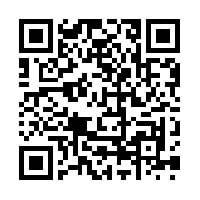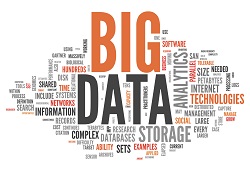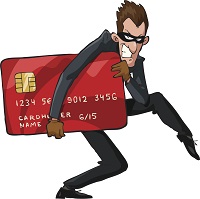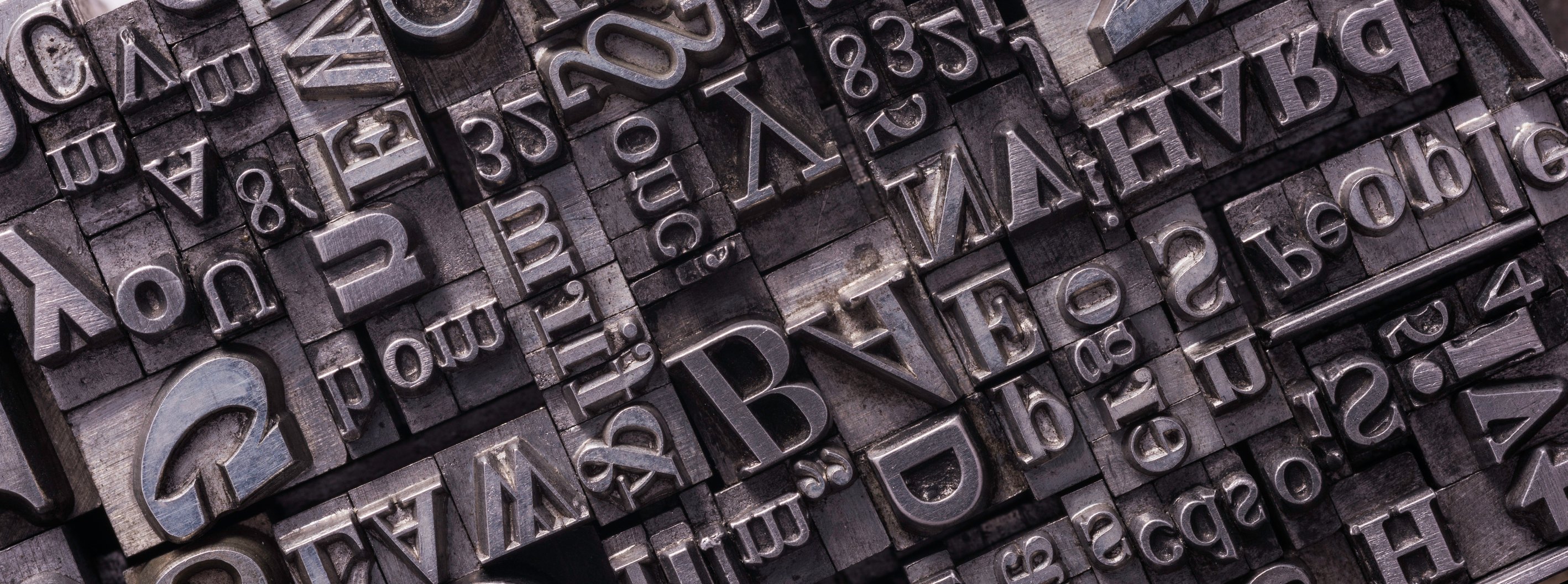 So tell the truth: how big was the largest QR code you ever had printed for your business’ website? Was it four feet square on a billboard? Two feet square on a tradeshow display? Was it on your business card? A promotional mailer?
So tell the truth: how big was the largest QR code you ever had printed for your business’ website? Was it four feet square on a billboard? Two feet square on a tradeshow display? Was it on your business card? A promotional mailer?
Believe it or not it still works, but the concept is dead. Fortunately your investment was not too great – you got the black-and-white pattern for free and now you’re only out the printing costs.
We’re not always so lucky.
Most successful entrepreneurs have people selling them the “next big thing” all the time, always with assurances that some paradigm is shifting and that early adopters will reap the greatest benefits.
It’s no different when it comes to payments, but today’s new payment options come with hefty upfront price tags, and since they are often based upon nascent technologies with little public uptake, making an investment can be an expensive leap of faith.
Take Digital Wallets, for example, which are applications that run on your smartphone and store payment information. Using Near Field Communications (NFC), a consumer simply moves the phone close to a merchant’s receiver and the payment is made, similar to swiping a debit or credit card.
Can you hear the paradigm shifting? If you can you’re among the few and proud. Or you work for Google, which won’t admit how much it has invested in the idea so far, even though they did manage to convince Starbucks and a few other national retailers to implement receivers for the Google Wallet. They also had plans to develop a special tablet designed for merchants to accept digital wallet payments, as well as dreams of issuing their own wallet-centric credit card, but the paradigm has not shifted in their direction and those projects are on hold.
 Google didn’t even charge transaction fees for using the device, believing as it always has that the wealth of consumer data it hoped to acquire would be worth even more. They were probably right, because when they wouldn’t share that data with MasterCard the credit card processing company clapped a higher fee on transactions run through the wallet.
Google didn’t even charge transaction fees for using the device, believing as it always has that the wealth of consumer data it hoped to acquire would be worth even more. They were probably right, because when they wouldn’t share that data with MasterCard the credit card processing company clapped a higher fee on transactions run through the wallet.
A recent study found that “One of the most compelling aspects of digital wallets is that they have the potential to generate unprecedented amounts of customer and financial data,” which ironically is also the number one fear that consumers have regarding the technology. That said, seven out of ten consumers expect that paying with their smartphone will become ubiquitous in the next ten years, so if the paradigm is not shifting it might at least be teetering.
Does that mean you invest now? Probably not, and not only because you have yet to hear a single customer ask to pay with her digital wallet. The real reason you might want to wait is to see what Apple does. The iPhone 6 will be the first to include NFC technology, and credible rumors indicate the serial innovator has not only created its own digital wallet, but that it has already inked deals with all three major credit card processing companies.
Will Apple customers adopt the service? It’s hard to say, but since Apple already has credit card information from 800 million iTunes users and their phone already incorporates fingerprint-recognition biometric technology into its “start” button, it’s possible that Apple might be at least as successful as Google over the course of the next few years.
 But a paradigm shift? When it comes to payments, convenience is not necessarily what the consumer wants, especially at the cost of “unprecedented amounts of financial data.” The first time that data is compromised by either criminals or the government the technology, and the investment it represents, may suffer a dramatic setback.
But a paradigm shift? When it comes to payments, convenience is not necessarily what the consumer wants, especially at the cost of “unprecedented amounts of financial data.” The first time that data is compromised by either criminals or the government the technology, and the investment it represents, may suffer a dramatic setback.
It’s possible, in fact, that complete payment security appeals more now than ever before.
Over the course of the recession one out of five people – from Millennials to Boomers – reported increasing their use of checks. Technologies such as NFC and even Automated Clearing House transactions have been incapable of replicating the legally binding elegance of a hand-written check. And now that checks are routinely digitized practically the moment they’re written, providing both indelible security and digital speed, the motivation to adopt new technologies recedes.
The advent of the Internet and the Great Recession dramatically impacted financial literacy and payment methods, and not in a way that indicates a rising demand for payment innovations. If anything, in fact, a trend towards conservatism is far more evident.
So before listening to another “early adopter” pitch, unfurl that QRC code and confirm that it really does look as unappealing as you remembered. If you make a move, make it an informed one. Learn more here.



